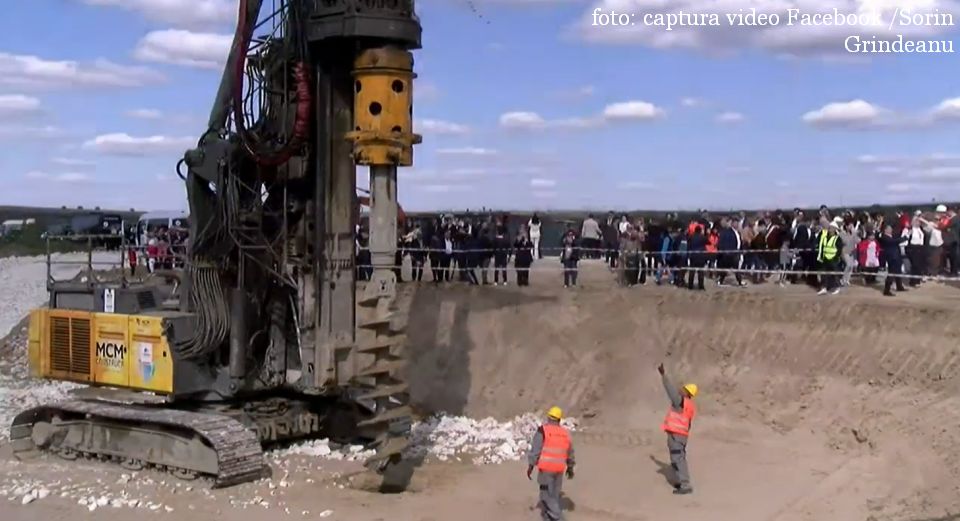The Romanian Intelligence Services
Romanian Intelligence Service chief George Maior tendered his resignation on Tuesday, raising questions among the media about his motive.

România Internațional, 28.01.2015, 13:34
The management positions of Romania’s domestic and foreign intelligence services are vacant at present. After Teodor Melescanu had stepped down from the helm of the Romanian Foreign Intelligence Service in October 2014, George Maior, the Romanian Intelligence Service chief did the same thing on Tuesday. Bound by its NATO commitments to ensure a civilian, democratic management of its intelligence services, Romania has to appoint two new intelligence chiefs as soon as possible. Under the law, president Klaus Iohannis is due to make a nomination, which will subsequently require the approval of Parliament and the country’s Supreme Defence Council.
Meanwhile, Maior’s resignation has prompted heated debates in Bucharest, where the official reason behind this move is still unknown to the public. Political pundits suspect Maior’s departure may be linked with the Constitutional Court’s decision to dismiss the so-called “Big Brother” law package on privacy and online security. The package includes the data retention law, the law on prepay telephone cards and the law on cyber security. Prior to his resignation, Maior said that without these laws Romania would be faced with an unprecedented legal vacuum in its recent 25-year history, which might endanger the safety of its citizens.
Although denouncing pressure form the Romanian Intelligence Service, the Constitutional Court claims however that it rejected the laws purely because they were in breach of constitutional provisions on the rule of law and the principle of legality, as well as of other rights, such as the right to intimate, family and private life and the secrecy of correspondence. The Court has also argued that it is not the remit of the National Centre for Cyber Security, an entity currently subscribed to the Romanian Intelligence Service and employing military personnel, to safeguard all these rights, but that it falls on the national authority on cyber security, which should be a civilian institution, to do so.
In another development, MP Cezar Preda, who sits on the Committee for Parliamentary Control of the Romanian Intelligence Service, claims that the laws George Maior advocated are necessary and will remain a top priority for Parliament.
Cezar Preda: “The chairman of our committee and political party leaders have expressed their belief that this country needs these laws, and that they will be quickly submitted to debate, so that the Court and all citizens should stop perceiving it as a piece of legislation infringing on their rights, but one that ensures the safety of all”.
We recall that after the anti-communist revolution of 1989, the Romanian Intelligence Service and the Romanian Foreign Intelligence Service have so far had 5 and 7 chiefs respectively with the rank of Minister.






























